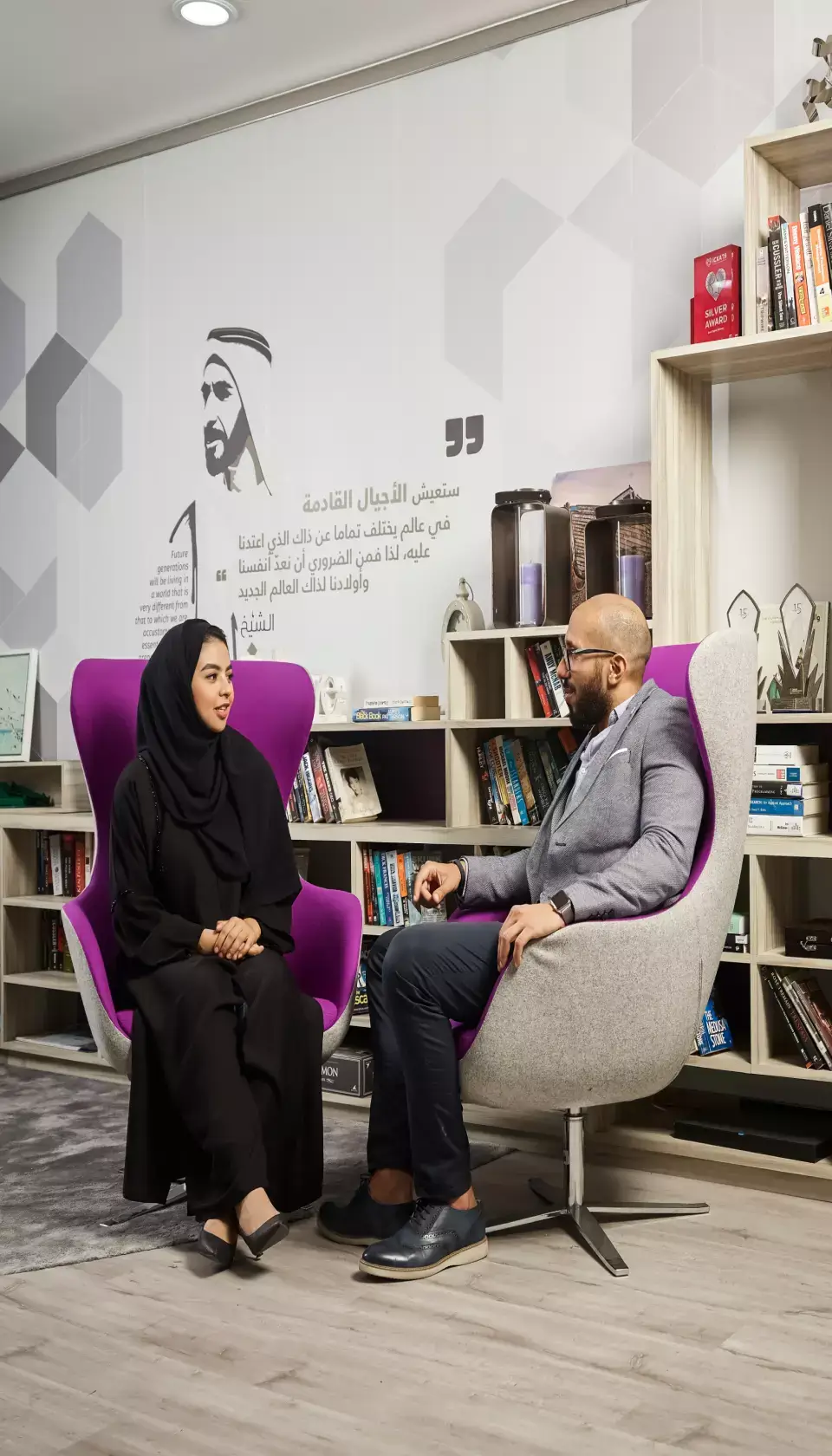Highlights
Logistics is at the doorstep of a digital revolution. Advanced technology solutions must be infused at every step of the supply chain to accelerate integration, efficiency and a resilient economy. From fresh produce and pharmaceuticals to parcels and packaged goods, consumers, businesses and governments all rely on complex supply chains for essential goods that ultimately stimulate trade.
Recent supply chain disruption has limited the availability of certain products. The Ports of Los Angeles and Long Beach saw a record-high 105 container ships waiting to berth in January 2022, which is significant as around 90 per cent of global trade moves by sea.
Although the logistics sector globally is grappling with immediate challenges, these disruptions have acted as catalysts for innovation that can reduce shipping bottlenecks both in the short and longer-term.
Digital growth in the supply chain
The UAE’s cutting-edge ports infrastructure, technology capabilities, and favorable location within an 8-hour flight from 80 per cent of the world’s population makes it an attractive investment proposition to accelerate a smart supply chain.
According to the UAE’s Ministry of Economy, trade in recent years has been growing at record levels. Non-oil foreign trade achieved a record-breaking milestone in the first half of 2022 by exceeding AED 1 trillion – a growth rate of 17 per cent of the second half of 2021, while the UAE’s non-oil exports achieved approximately AED 180 billion for the first time in history.
As more people worked remotely, consumer spending increased from 39 to 47 per cent at its peak since 2020, placing greater pressure on supply chains. The acceleration of e-commerce and digital transformation over the past two years has encouraged logistics companies to prioritize optimal distribution through automation, internet of things, blockchain and new warehouse management procedures.
In many geographies, logistics still relies heavily on manual, paper-based processes that other industries have largely phased out. The sheer complexity of global supply chains makes information sharing a hurdle to overcome for the players involved across various distribution channels.
Progress on complex, digitally-enabled logistics ecosystems is being made. An exemplary success in Abu Dhabi has been the HOPE Consortium, which showcased the ability to bring together industry-leading partners Department of Health – Abu Dhabi, Etihad Cargo, AD Ports Group, Rafed and SkyCell to distribute vaccines globally. Further afield, the Port of Los Angeles co-created the first port community information sharing system in the US with GE Transportation.
How investment in digital can save costs and ease the movement of goods
Undoubtedly, investment in a technology-based logistics network is essential to loosen bottlenecks. In doing so, it benefits businesses, with a recent report finding that most organizations transitioning from linear to digitized supply chain ecosystems saved around 7 per cent on costs and generated almost 8 per cent more revenue annually. For Abu Dhabi businesses that generate AED 5 billion, that would equate to AED 400 million more revenue and AED 350 million saved.
Playing a leading role in the digital transformation of supply chains in the Middle East is ADQ, an Abu Dhabi-based investment and holding company that focuses on Mobility and Logistics as a priority sector cluster.
One of ADQ’s portfolio companies, AD Ports Group, which generated 21 per cent of Abu Dhabi’s non-oil GDP and empowered more than 212,000 jobs nationwide in 2021, was recently listed on the Abu Dhabi Securities Exchange (ADX) to accelerate growth and position Abu Dhabi as a premier logistics and transport hub. AD Ports Group’s implemented the first purpose-built Port Community System (PCS) in the UAE, which is an electronic platform that optimizes, manages and automates logistics-efficient processes through a single submission of data, connecting transport and logistics chains.
AD Ports Group is already making substantial investments in promoting a data-driven supply chain. Through Maqta Gateway, the Group has completed more than 30 million online transactions and is developing the Advanced Trade & Logistics Platform (ATLP) that will integrate trade via sea, land, air, rail and zones in Abu Dhabi. Building on these investments, Maqta Gateway also launched Margo, the UAE’s digital marketplace for logistics. This one-stop portal further enables consumers to import goods directly from anywhere in the world through Khalifa Port or Abu Dhabi International Airport.
These transformative solutions not only help position the emirate as a leading global trade and logistics hub but will also optimize efficiency and procedures while increasing transparency and predictability across the supply network.
Drivers to accelerate a smart supply chain
Increasing resilience in the supply chain is imperative to withstand economic volatility and promote efficiencies in the global logistics industry. While the immediate benefits are that it reduces trade costs and enables consumers to receive goods and shipments quicker, it also enhances trade that bolsters economic resilience.
Harmonizing the flow and reporting of electronic information is a great first step towards digitalizing the global supply chain. The efficient and valuable handling of digital information, however, is fully reliant on systems that are interoperative and fully compliant with regulations. Multimodal supply chain integration can only be achieved if the logistics sector prioritizes and encourages public-private-partnerships between all the parties involved in the global supply chain, including ports, logistics companies, freight forwarders, customs authorities and governments.
We also cannot ignore investment into developing the foundational knowledge and skills necessary for homegrown talent to develop and adopt technologies that can sustain a future-proofed supply network. Capitalizing on the UAE’s strategic location, robust infrastructure and distribution channels will help ensure supplies are uninterrupted.
At the core, there is a great opportunity to invest in a resilient supply chain and drive leadership in a sector that strengthens global trade. In doing so, it will reinforce Abu Dhabi and the UAE as facilitators of growth both at home and in economies abroad.
By Dr. Jaap Kalkman, Group Chief Investment Officer, ADQ
About ADQ
Established in 2018, ADQ is an active global sovereign investor with a focus on critical infrastructure and supply chains. As a strategic partner to the Government of Abu Dhabi, ADQ invests in the growth of business platforms anchored in the Emirate that deliver value to local communities and long-term financial returns to its shareholder. ADQ’s total assets amounted to USD 225 billion as of 30 June 2024. Its rapidly expanding portfolio encompasses companies across numerous core sectors of the economy, including energy and utilities, transport and logistics, food and agriculture, and healthcare and life sciences.
For more information, visit adq.ae or write to media@adq.ae. You can also follow ADQ on Instagram, LinkedIn, and X.
Direct to your inbox
ADQ News and Insights delivered directly to your inbox





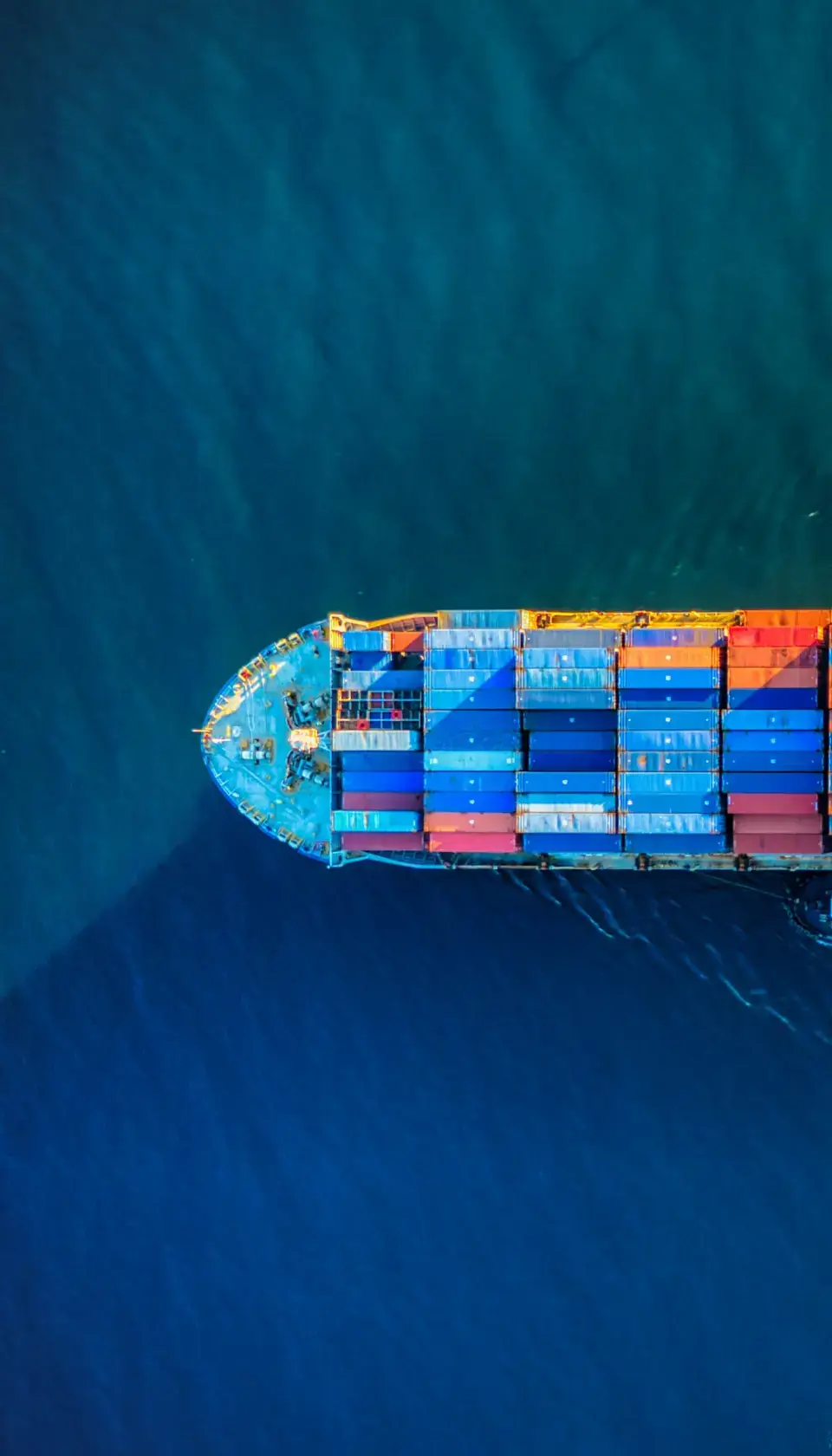




.jpg)







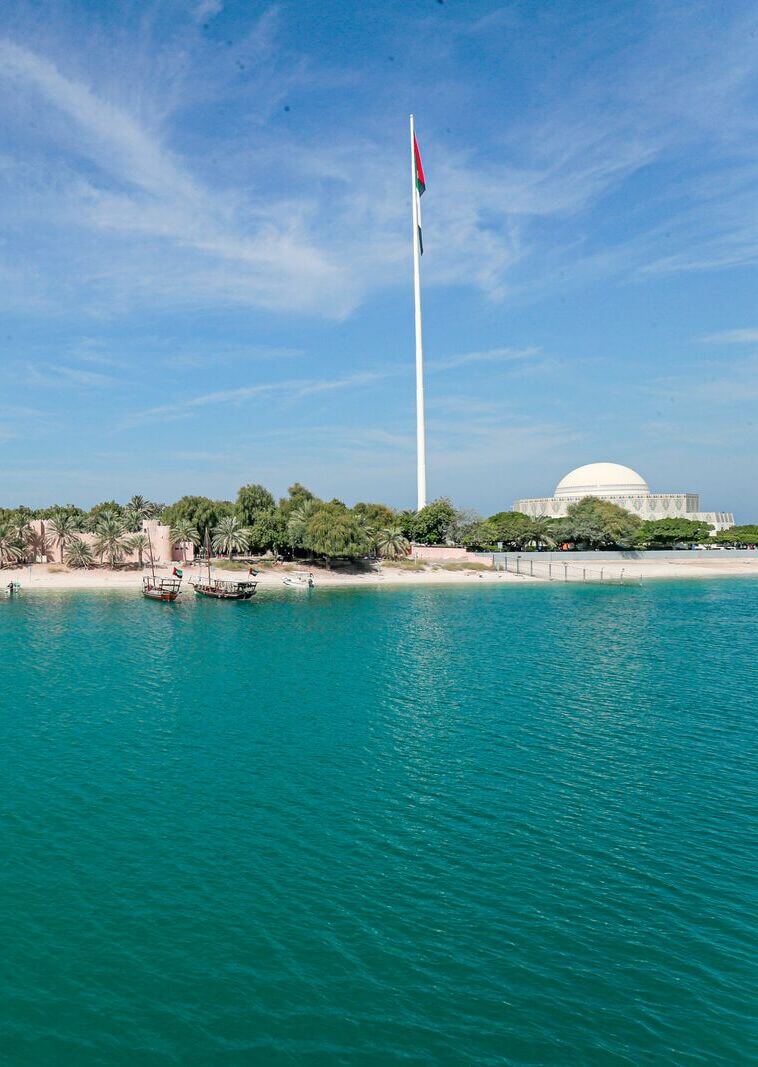
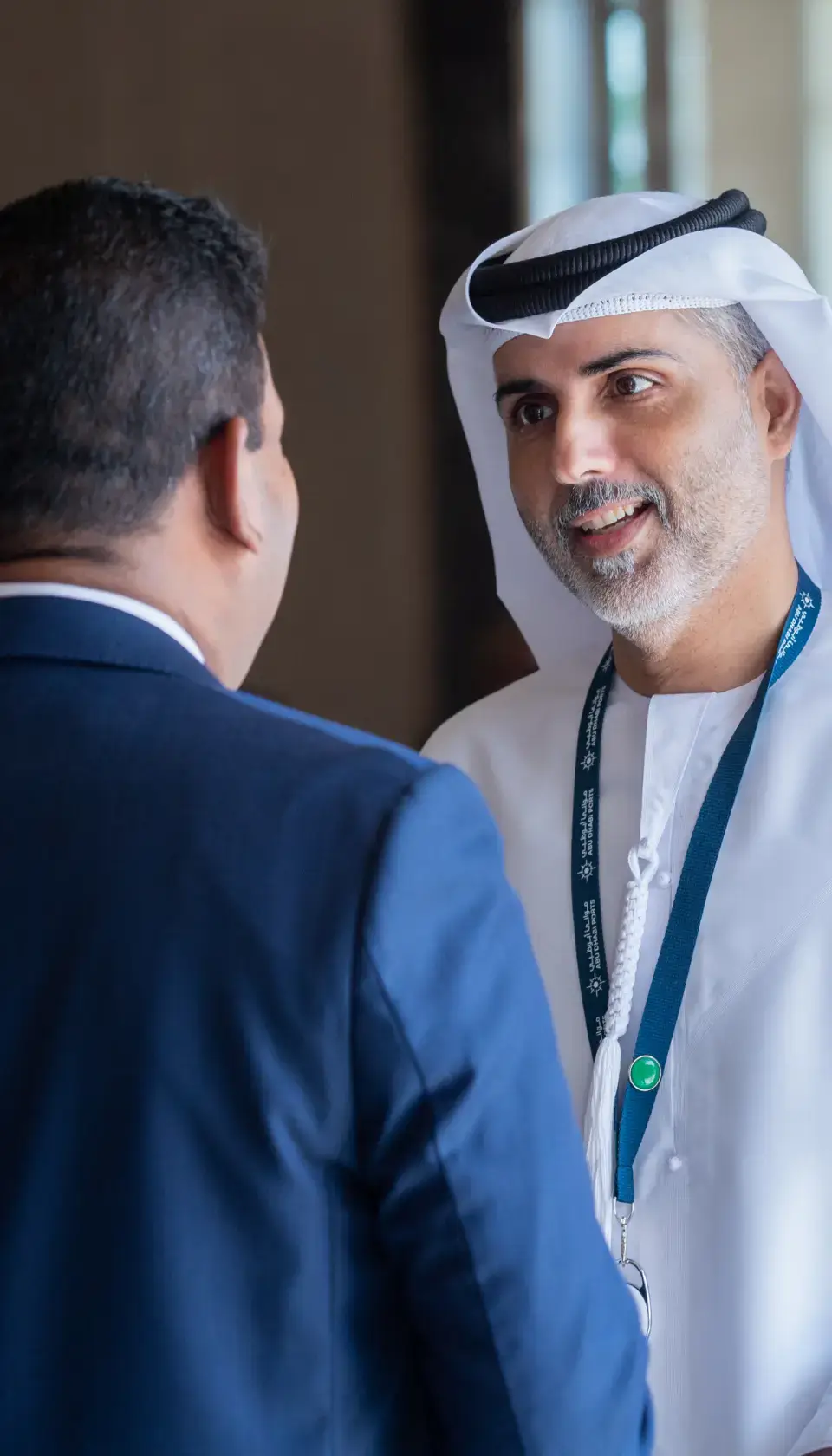






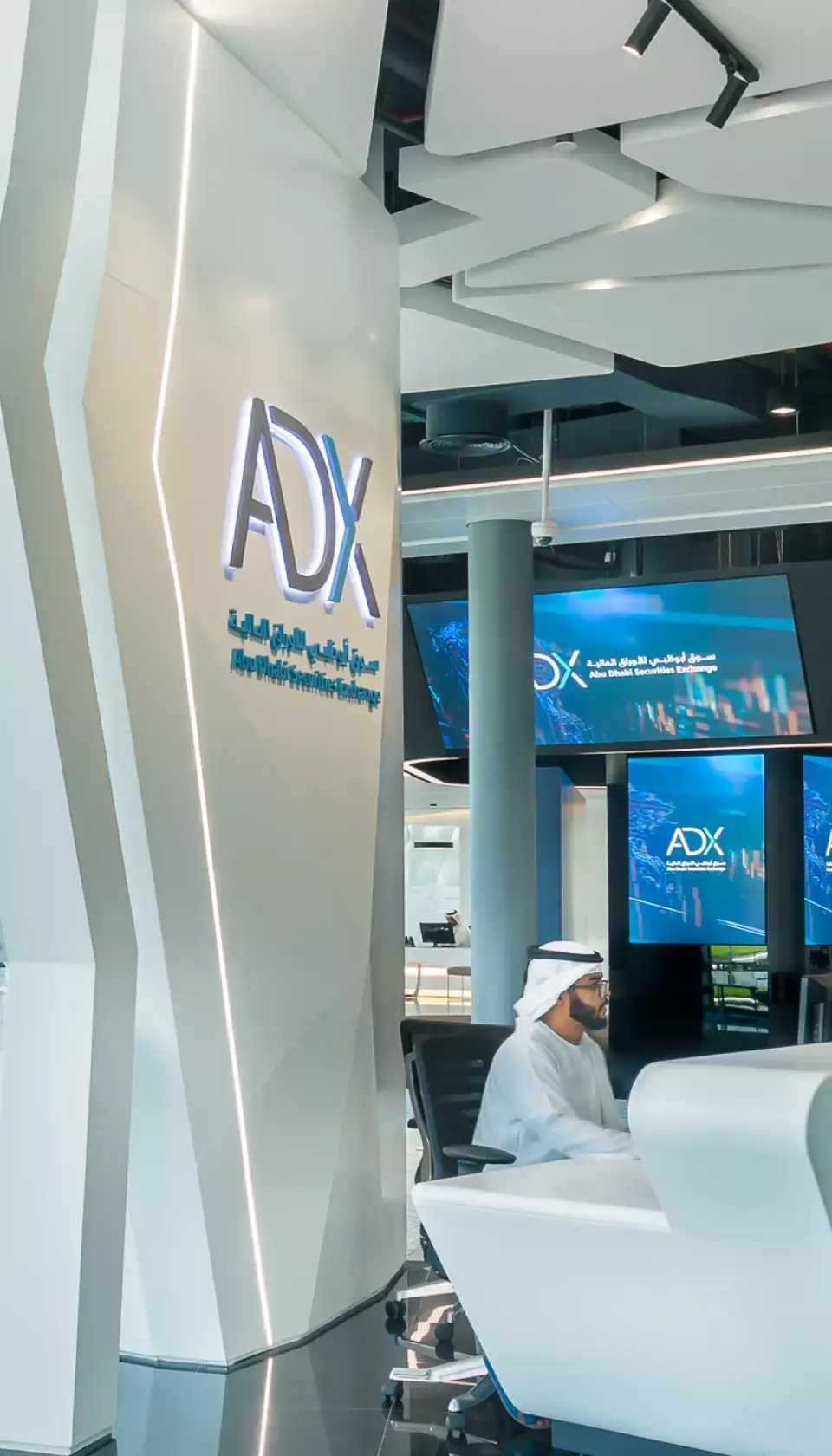


.jpg)



